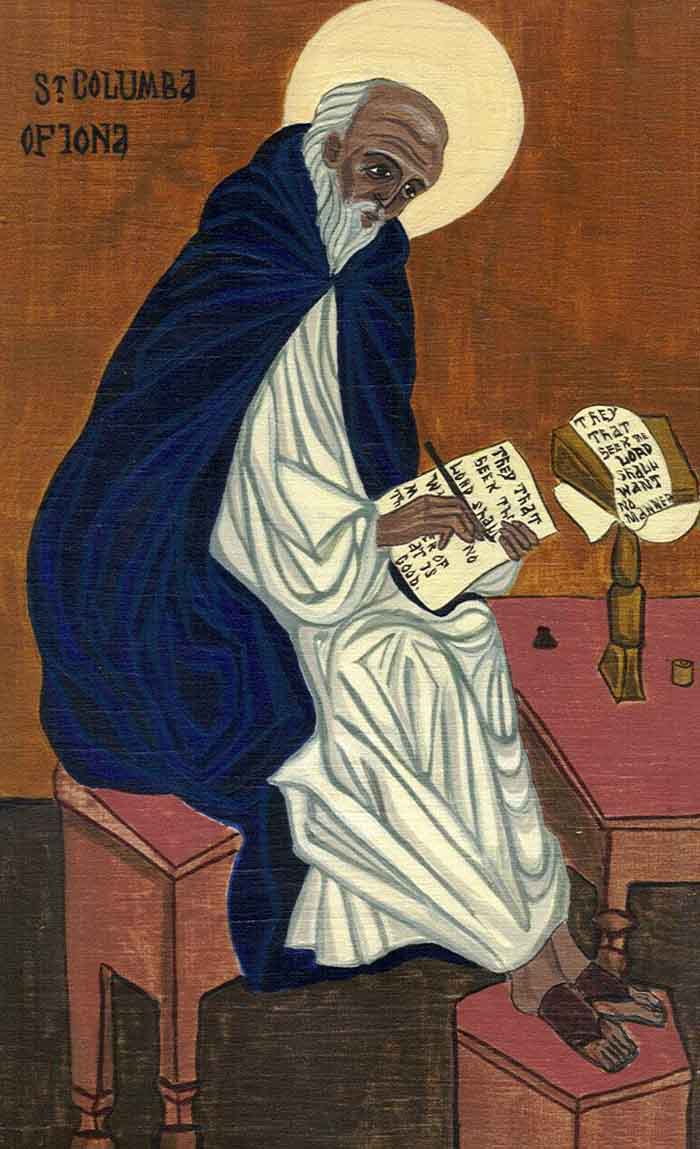The phrase "And there is no health in us" is found in the traditional form of General Confession in The Book of Common Prayer 1662 (Church of England) and The Book of Common Prayer 1928 (Episcopal Church, USA).
Because people today no longer understand that in English "health" can mean many things other than the wellness of the body, others have chosen to drop the phrase altogether from their Anglican liturgies. The liturgy of the Pastoral Provision of Pope St. John Paul II known as The Book of Divine Worship dropped the phrase following from The Book of Common Prayer, 1979, USA upon which it was based in large part.
The Anglican Church of North America, a fairly recent denomination, is putting forward a new Book of Common Prayer, and they have decided to add a phrase intending to make the meaning more clear to an ordinary person: "apart from your grace, there is no health in us".
There are a number of essays on line about this decision. Generally, traditionalist Anglicans want no twiggling with the Prayer Book texts, but one can see that ACNA is concerned about ordinary people understanding what they are reading and praying.
An old friend who is a member of the clergy in ACNA asked —after the new texts were set in stone— how I would have handled the matter. Now I am not a member of ACNA. I do not presume to second guess their committee or their bishops. Any words that follow are simply the ramblings of one who has been called a liturgical dinosaur on occasion.
I suppose at first I would have taken the opportunity to broaden the Trinitarian dimension of the prayer with the words "... and without your Spirit, there is no health in us." I can imagine a few objections to this phraseology... so, is there anything else?
If I had the concerns that ACNA has for the liturgy to serve an evangelical purpose in addition to the worship of God, a few possibilities come to mind: (1) "and within us there is no power to save our souls and bodies"; and, (2)(a) "and there is no power to save ourselves within us" or (b)"and there is no power to save ourselves within ourselves".
I like the first with the Anglican phrase "souls and bodies", and I like the feel of the repeated use of "ourselves" in (2)(b), but I think in the ACNA context (2)(a) may be more successful in trying to keep the shape of the 1662 phrase and meet the evangelical need for the stranger to understand.
My friend prefers my text with the mention of the Holy Spirit. Another friend prefers the phrase (2)(b)"and there is no power to save ourselves within ourselves". Another friend says all of these are terrible and the original is the only text an Anglican should use. In other words, it was a very typical Anglican discussion with no one agreeing, and I should have stayed out of it. (Lord, have mercy upon me, a miserable offender.)
Below I take ACNA's new text but insert my (2)(a) suggestion found above:
Almighty and most merciful Father,
we have erred and strayed from your ways like lost sheep.
We have followed too much the devices and desires of our own hearts.
We have offended against your holy laws.
We have left undone those things which we ought to have done,
and we have done those things which we ought not to have done;
and there is no power to save ourselves within us.
O Lord, have mercy upon us.
Spare all those who confess their faults.
Restore all those who are penitent,
according to your promises declared
to all people in Christ Jesus our Lord;
And grant, O most merciful Father, for his sake,
that we may now live a godly, righteous, and sober life,
to the glory of your holy Name. Amen.
Such a text would need repetition, community use, reflexion, etc. in order to see if it was successful. At this point, it is simply an idea after the boat has sailed. And it does not scan as well as I would like. Perhaps something like "apart from your Spirit, there is no health in us" would be better; it would certainly bring the entire Holy Trinity into the prayer in an explicit way.
I think ACNA's liturgical committee had a very difficult brief. For their touchstone, they had to use the 1662 Book of Common Prayer (which has not been used in the USA since the late 18th century), and they had to hold in mind their evangelical imperative. So, for the purposes of their denomination I think they have fulfilled the task, and they have also granted broad permissions to their clergy and people to continue to use older Anglican liturgical forms. That latter part is certainly the better part of wisdom, and they are compelling no one to use The Book of Common Prayer 2019 (ACNA).
I never had difficulty with the phrase "and there is no health in us" because I was an Anglican and not a Calvinist. I did not believe in "the total depravity of man", and I also knew the deep and rich meaning of the world "health" in the English language... "healthe" being the word Tyndale used from time to time in his translation of the Scriptures to signify the word "salvation" (which is the word we expect to read with our modern eyes).
The most important point held in the phrase "and there is no health in us" is that we cannot cure or heal our souls or our condition. Only God grants deliverance, and only God gives salvation to us through Our Lord Jesus Christ.
















